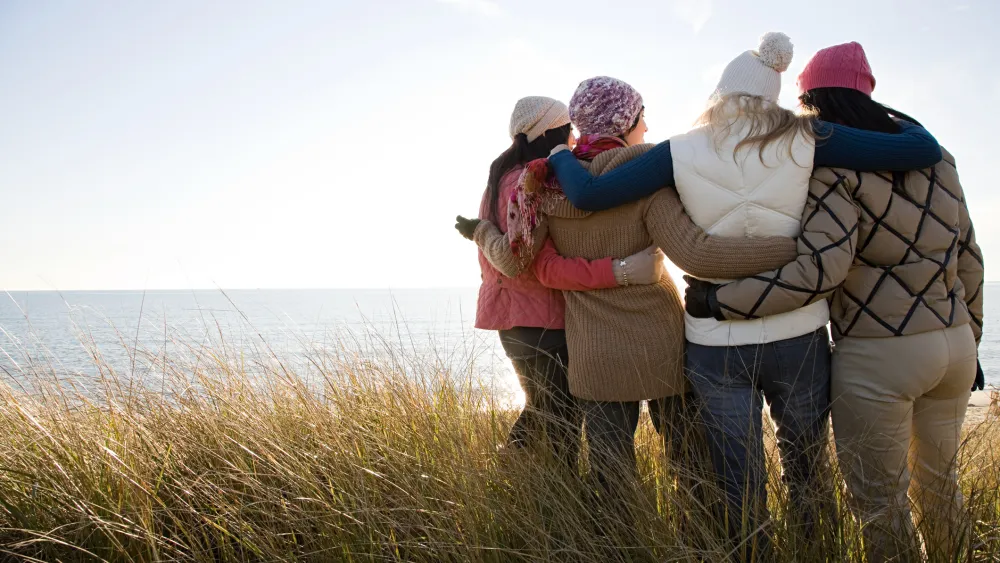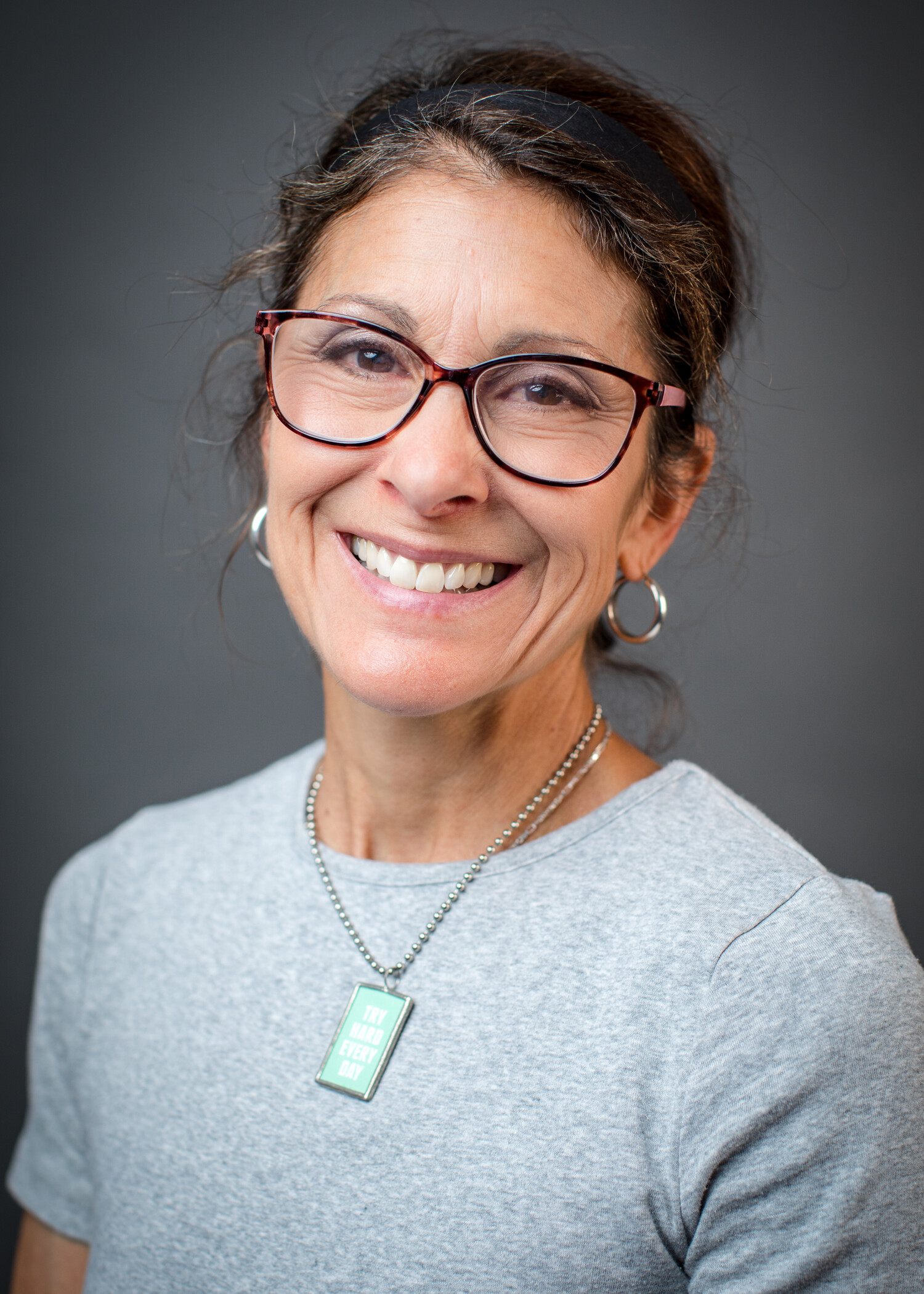Emotional and Mental
More Gratitude, Please
Published: Oct. 11, 2024

Gratitude is a Social Emotion
Practicing gratitude doesn’t have to be complicated or time-consuming. Gratitude is a social emotion – something we all engage in. Once strengthened, our social emotions can transform our thoughts, feelings and actions. The more we practice gratitude through social interactions, the better we'll feel.
Making an effort to build up our social emotions in a positive way makes us appreciate the people in our lives and the opportunities in front of us. When this happens, we’ll likely spread gratitude to our peers, friends and family.
Terry Coleman, the manager of clinical services at Best Care EAP, believes that gratitude is a state of mind.
“I have come to realize that gratitude is a difference maker in the pursuit of happiness,” he said. “If I take the time and effort to be grateful for the small things – like when someone holds a door open for me or I notice a flower outside my building – I view other things in a more positive light.”
Coleman also believes that setting our minds on being grateful for what’s in front of us impacts others around us.
Pam Taylor, a receptionist at Best Care EAP, agrees. She believes we need to “be in the moment” in order to recognize our feelings of gratitude.
“Remove yourself from distractions – like looking at your cellphone or watching TV – and spend a few minutes thinking about the good things in your day,” she said. “Gratitude is about awareness. We move so fast throughout the day that we don’t slow down to think about the things and people that make us happy.”
Gratitude is Personal
Thinking about who and what make you happy can put you in a positive state of mind, regardless of what you may be dealing with. Your ways of exploring gratitude may look different than your spouse’s or coworker’s. Some people might write gratitude lists, while others prefer to meditate.
No matter what it looks like for you, it’s important to adopt a regular gratitude routine to help make your days more meaningful.
Here are five simple tips to get started:
- Adopt an attitude where you value the people in your life instead of tangible things.
- Think of ways you can be a force of good for others, and act on them.
- Get in the habit of always saying “thank you” – even when you feel busy and overwhelmed.
- Practice staying present.
- Look in the mirror, smile, and think to yourself: “My heart is full.”
No matter how you begin to incorporate more gratitude into your life, do your best to explore what fills your heart and makes you happy.
Additional Help and Resources
Are there things on your mind you want or need to talk about? Best Care EAP’s professional counselors provide objective viewpoints and are available to offer confidential assistance to you and your eligible dependent family members. To schedule an appointment, fill out the Counseling Registration Form. If you have issues with the form, please call our office at (402) 354-8000 or (800) 801-4182.
Best Care EAP offers a variety of resources that can help boost your emotional and mental health and these resources are available to your eligible dependents, too. You can find a variety of self-help webinars and well-being articles in our Resource Hub.

